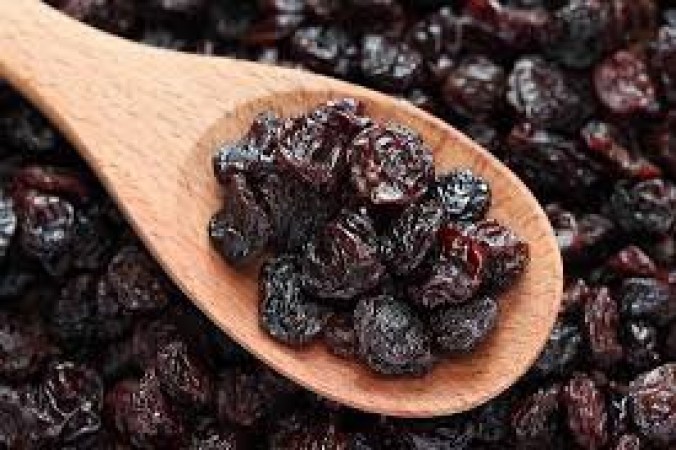
In our quest for healthy eating, we often find ourselves exploring every part of the foods we consume. Raisins, those sweet, dried grapes, are a popular snack, but what about their seeds? Can we eat raisin seeds, and do they offer any nutritional benefits? Let's delve into this intriguing topic.
Raisins, by nature, are dried grapes, and like any fruit, they possess seeds. The seeds in raisins are tiny and often overlooked, but they do exist. The question arises: are these seeds safe to eat, and do they contribute anything beneficial to our health?
Before we consider the nutritional aspects, it's crucial to address safety concerns. Raisin seeds are generally safe for consumption. They are small, soft, and easily chewable, posing no harm to your digestive system. However, if you find the seeds too hard or unpleasant, you can certainly opt to remove them before enjoying your raisins.
Now, let's unravel the nutritional content packed within these diminutive seeds.
Raisin seeds, like the raisins themselves, contain dietary fiber. Fiber is renowned for promoting digestive health by preventing constipation and aiding in regular bowel movements. Incorporating raisin seeds into your diet can contribute to your daily fiber intake.
Antioxidants play a crucial role in neutralizing free radicals in our bodies, which helps prevent cell damage. Raisin seeds, although small, contain antioxidants that can contribute to your overall antioxidant profile.
While raisin seeds may not be a nutritional powerhouse, they do contain trace amounts of essential nutrients like iron and potassium. These minerals play vital roles in maintaining good health, supporting everything from oxygen transport to fluid balance.
Blend raisin seeds into your favorite trail mix for an added crunch and nutritional punch. Combine them with nuts, seeds, and a touch of dark chocolate for a delightful and energizing snack.
Give your salads a nutritious boost by sprinkling raisin seeds on top. Their subtle nutty flavor can complement a variety of salad ingredients.
Enhance your morning oatmeal or yogurt bowl by incorporating raisin seeds. They add texture and a hint of sweetness, elevating your breakfast experience.
In conclusion, raisin seeds are not only safe to eat but also offer a range of nutritional benefits. While they may not be a dietary staple, incorporating them into your meals can contribute to your overall health. Get creative with how you enjoy these tiny seeds, and unlock their nutritional potential. In the journey towards healthier eating, exploring every aspect of the foods we consume allows us to make informed choices. So, next time you indulge in a handful of raisins, don't shy away from the seeds—they might just be the tiny nutritional gems your body will thank you for.
HIV Cases in Kerala Remain a Concern Despite Lower Mortality Rates
Bangalore: Tragic Death of Toddler Raises Concerns Over NIMHANS Treatment Delay
Know the Hidden Benefits of Orange Peels: Don't Throw it, Utilize!